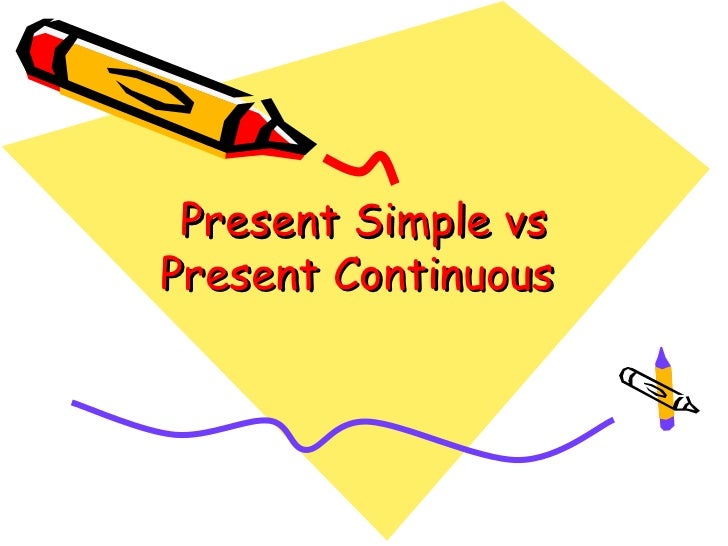Reading
http://learnenglishteens.britishcouncil.org/uk-now/read-uk/christmas
http://learnenglishteens.britishcouncil.org/grammar-vocabulary/vocabulary-exercises/christmas
Listening
http://learnenglishteens.britishcouncil.org/uk-now/video-uk/christmas-shopping
http://learnenglishteens.britishcouncil.org/study-break/video-zone/christmas-tag
http://learnenglishteens.britishcouncil.org/study-break/video-zone/worst-christmas-presents
https://learnenglishteens.britishcouncil.org/study-break/video-zone/christmas-gift-experiment
Tuesday, December 20, 2016
Saturday, December 3, 2016
WRITE AN ARTICLE
In our next writing lessons we are going to write an article.
READ THE FOLLOWING PRESENTATION AND THE ARTICLE page 161 to have an idea.
The article you will read answers the following question:
How do you think teenagers should stay fit and healthy?
Have a nice weekend!
READ THE FOLLOWING PRESENTATION AND THE ARTICLE page 161 to have an idea.
The article you will read answers the following question:
How do you think teenagers should stay fit and healthy?
Have a nice weekend!
Thursday, November 24, 2016
REFLEXIVE PRONOUNS

USE OF REFLEXIVE PRONOUNS:
- for emphasis
I made the cake myself
- with some verbs , when the subject and object are the same
Behave yourself, blame yourself, enjoy yourself.
- in certain phrases that include a preposition
Believe in yourself
EACH OTHER
Tim and I helped each other to learn the speech from Shakespeare.
When the subject and object in the sentence are different.
Saturday, October 22, 2016
MAKE A PLAN FOR YOUR ESSAY
What´s your opinion?
An opinion essay is a type of writing where you give your opinion.
One example is Leandro´s essay in your student´s book, page 16. Read it again
Think about your opinion on the essay title below:
"Some people say city life is bad for young people" What´s your opinion?
Think what you could write about:
-exercise
-entertaiment
- advantages or benefits of city life
- disadvantages or downsides of city life
- your own ideas
Use your ideas to make a plan for your essay.
Decide on the main topic and points for each paragraph. (4 paragraphs)
HAVE A LOOK AT THE PRESENTATION BELOW
THEY ARE TIPS TO WRITE AN OPINION ESSAY
SEE YOU IN CLASS
Tuesday, October 18, 2016
Friday, October 14, 2016
Tuesday, October 11, 2016
Monday, October 10, 2016
Extra practice Present tenses

Hi guys,
Here you have links to practise Grammar from Unit 1:
adverbs of frequency.
Present Simple vs Continuous
adverbs of frequency
Present Simple vs Progressive
present simple or present continuous
Wednesday, October 5, 2016
THEORY RELATIVE CLAUSES
We can use relative clauses to join two English sentences, or to give more information about something.
I bought a new car. It is very fast.
→ I bought a new car that is very fast.
→ I bought a new car that is very fast.
She lives in New York. She likes living in New York.
→ She lives in New York, which she likes.
→ She lives in New York, which she likes.
First, let's consider when the relative pronoun is the subject of a defining relative clause.
We can use 'who', 'which' or 'that'.
We use 'who' for people and 'which' for things. We can use 'that' for people or things.
The relative clause can come after the subject or the object of the sentence. We can't drop the relative pronoun.
For example (clause after the object of the sentence):
- I'm looking for a secretary who / that can use a computer well.
- She has a son who / that is a doctor.
- We bought a house which / that is 200 years old.
- I sent a letter which / that arrived three weeks later.
More examples:
- The people who / that live on the island are very friendly.
- The man who / that phoned is my brother.
- The camera which / that costs £100 is over there.
- The house which / that belongs to Julie is in London.
- The bike (which / that) I loved was stolen.
- The university (which / that) she likes is famous.
- The woman (who / that) my brother loves is from Mexico.
- The doctor (who / that) my grandmother liked lives in New York.
Practice: relative clauses
Complete the sentences using relative clauses. Use who and which.
- A Scot is a person (live in Scotland)
- Nessie is a monster (live in Loch Ness)
- A fridge is a thing (keep food cool)
- A DJ is someone (play music in a disco)
- A bee is an insect (make honey)
- A lemon is a fruit (be yellow and sour)
- A watch is a thing (tell the time)
- A ferry is a ship (carry people across the water)
- A shop assistant is someone (work in a shop)
- A key is a thing (can open and lock doors)
Subscribe to:
Posts (Atom)









